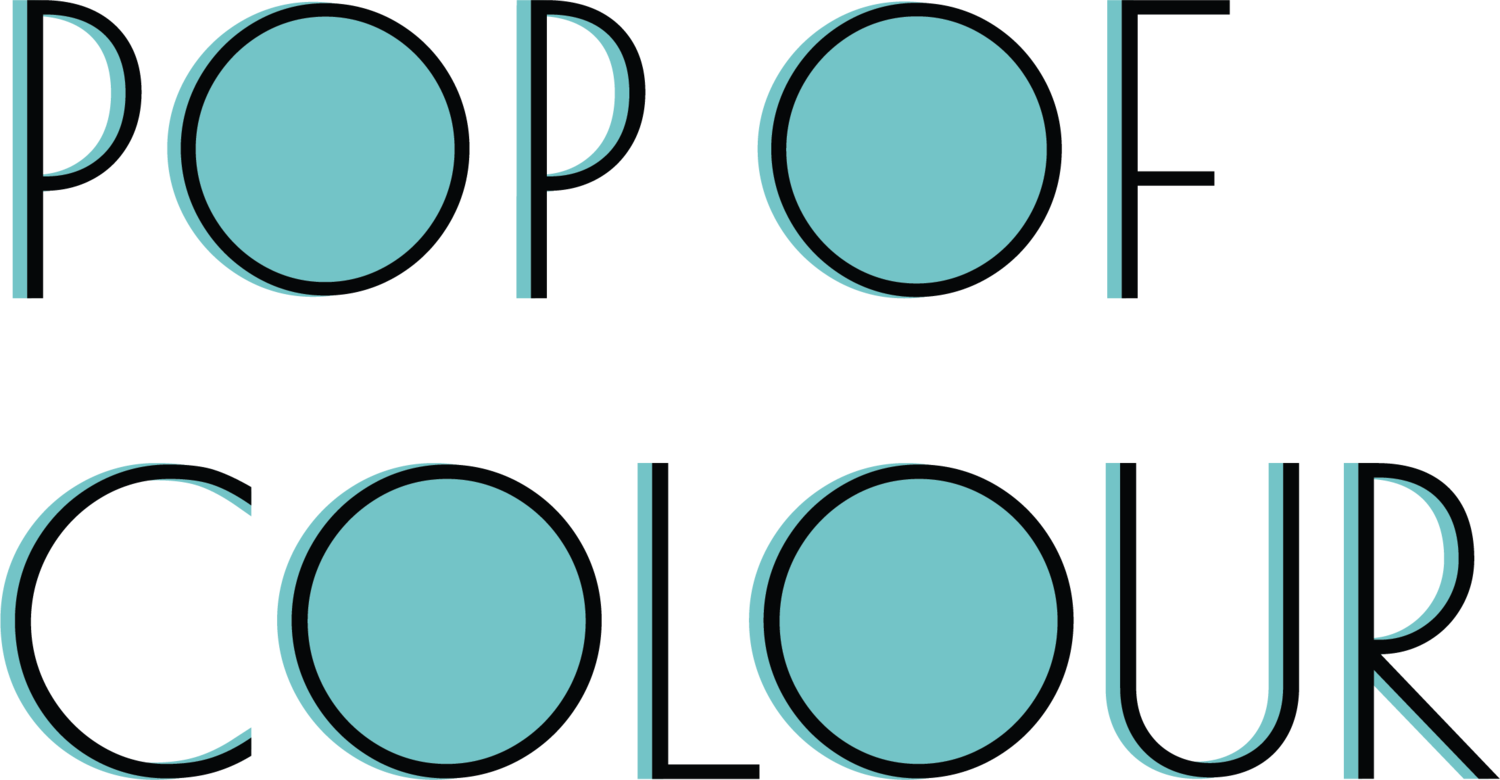How To Cold Email A Music Curator
There’s no doubt that an interview in a publication can be some great and free marketing for your music career. If you’ve got a big release or show coming up, you might have been looking around at blogs, podcasts, radio and, (gasp) even print media. While these tips for cold-calling a music journalist can’t 100% guarantee you a lengthy couch invite to a late night talkshow, adding on the subtle tactics you might never have thought of can make you instantly seem like a much more likeable and interesting artist – or at least, one whose email might be answered.
Do read up on the publication to see where you fit in and know its audience:
It might seem really obvious that a hip-hop artist doesn’t stand much of a chance at getting featured on a blog whose favourite topic of thought piece is how much better traditional country music is than anything on the radio today.
It’s less obvious when interviews aren’t the main focus to begin with. Read the “about the author” sections, and in between the lines to figure out your future-interviewer’s points of view on different subjects, and whether or not your sound would even blend into their regular content.
Don’t ask for an interview in the wrong place:
Here you are, at a restaurant. Wait a second, there’s someone who writes for the very column you’re trying to get a mention on, two tables down from you! Now is the perfect chance to attack, when they’ve let down their guard in the regular world, right?
Same goes for emails too. Don’t use the “Reader Feedback” contact form to request an interview. If finding the appropriate channel to contact the interview (or their gatekeeper) isn’t obvious, try talking to some of the past interview subjects and get their stories and thoughts – don’t expect them to hand over the cellphone number of the writer, though.
Do know the name of who you want to talk to (and maybe what they’ve done):
Nothing is more embarrassing than writing a long email your career might depend on, and after hitting send or, worse, getting a reply, you realize that you called them the wrong name or pronoun.
Like a job interview, you’ve got to prove that you really want this opportunity, not just any. So write a personalized and polite “cover letter” saying hello. Complimenting their previous work both lets down their guard, and shows that you know what you’re talking about.
Do be aware of current industry events:
The biggest RnB star in the world right now just dropped a surprise album. Suddenly, your three-city lounge tour a month from now can wait.
Save the horse blinkers for the races, and keep yourself in the loop as to what’s going on in your niche.
Do be polite to the gatekeeper:
Simple manners to the person on the phone can be the difference between “this charming folk artist called yesterday with a good story” and “this rather irritating musician was trying to reach you,” or no mention at all.
In bigger publications, you will run into a gatekeeper. They are the person who may not write the interviews themselves, but quality-check the bands before deciding if passing their request along is worth the interviewer’s time. Be nice to everyone, even if they are not the your target person to reach.
Do prepare a story:
In other words, “LOCAL ROCK BAND REACHES 500 FACEBOOK LIKES” is hardly an article readers will excitedly flip to (or click on).
Every band in the area with an EP coming out this month wants publicity. You need to stand out, not just to land the interview, but for people to read and remember it as well. Have an interesting story about that EP, your bandmates, or something.
Don’t mention money or try to make this a transaction:
This is probably the one time in the music industry where the promise of money is less desired than the promise of exposure. Let that sink in.
Any publication only willing to interview you in exchange for actual currency should be forgotten about. At the same time, a starting out singer-songwriter who thinks that promising to share the link to the article is what will seal the deal is wrong. The secret is getting in at the right time, and being having an interesting story.
Don’t send files:
In this digital age, many music journalists check their emails on the go; that is, on their smartphone. Please don’t send large files in the attachments.
Links to a dropbox, EPK and your website are much better.
Do send your best material:
“I really want an interview. Here’s a link to some of my songs. They’re old and not really my sound anymore, but the drummer is almost in-time…”
Put your best foot forward, and don’t save the “good stuff” for after they’ve shown interest.
Stay Colourful,
– Clarence



















